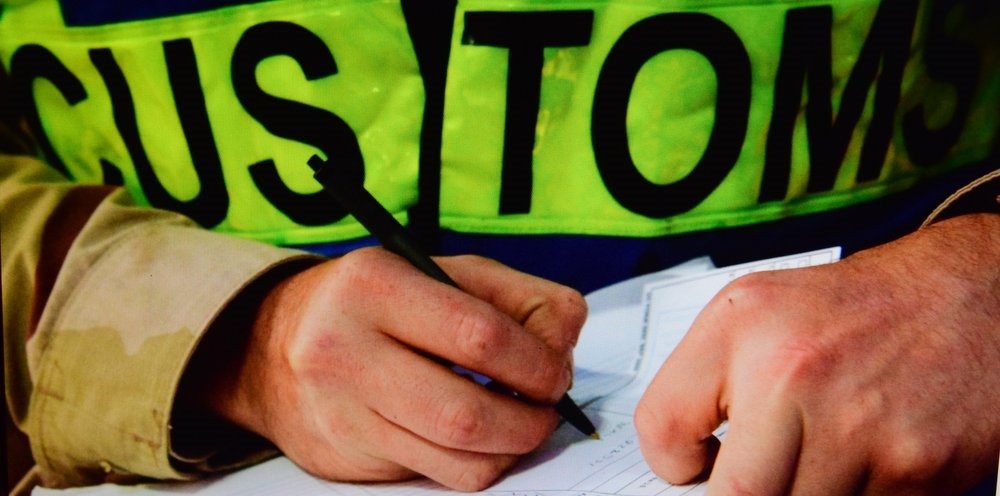Custom Clearances Will Go Paperless From 2017; Processing Time Will Reduce from 12 Days to Few Hours

In a big boost for importers in India, Central Board of Excise and Customs (CBEC) has decided to make all cargo and custom clearances to go paperless effective 2017. This will bring down the dwell time (time required to clear a cargo at the port) to few hours, from more than 250 hours which is the norm now (9-12 days)
In one of the major decisions taken, CBEC will now instruct all importers to upload the descriptions of the content stored within containers online, via a pdf file, rather than physically going to customs office and delivering it by paper.
Extending Customs Simplification
In April 1st, Central Board of Excise and Customs decided to unify various Govt. departments and bring it under one single window for clearances. Effective April 1st, Food Safety and Standards Authority of India (FSSAI) and plant and animal quarantine agency, wildlife crime and control bureau etc were brought under one single window for approving clearances.
This was executed under Govt.’s SWIFT mechanism, which removes the process of submitting 9 different documents with one single document.
However, the importer still had to submit a paper form for getting clearances from this single window, which has been now converted online, thereby saving more time for the importer.
Some other changes which would be implemented within next 6 months:
- More Govt. departments to come under the single window clearance (besides these 9 agencies), for smooth importing of goods
- A direct port to warehouse delivery mechanism would be established for those importers who have good track record
- 44 new container scanners would be installed, which will further reduce time-gap and reduce dwell time
- There are only 9 container scanners at various ports of India, which will now be increased to 44.
Additional Director General (Customs) S K Vimalanathan said, “In another six months, we are planning to go completely electronic for Customs clearance by doing away with requirement of any physical documents. We are planning to create a web repository,”
Till June 1st, 10 lakh+ documents were processed under SWIFT mechanism.
But Smuggling Won’t Be Tolerated
Reducing dwell time by going paperless doesn’t mean that CBEC will compromise on regulations and rules, and become soft on smuggling of goods.
Rajeev Tandon, chief commissioner of customs who oversees operations at Nhava Sheva (Jawaharlal Nehru Port) said, “The plan is to become as non-intrusive as possible but at the same time, keep a check on illegal activities. We have managed to reduce the dwell time over the last few years,”
Implementing more container scanners is the one of the plans to check smuggling, and providing fast clearances at the same time.
Out of 44 new container scanners to be installed, only 10 odd would be owned by CBEC; rest would be taken on lease from various global providers of the same.
Interestingly, Jawaharlal Nehru Port handled 4.49 million TEUs (twenty foot equivalent unit) of cargo in 2015-16, out of which only 6% was actually scanned by 2 container scanners present at the port.
CBEC will soon float a RFP (Request for Proposal) for inviting IT companies to bring in robust software and tools to manage these online filing for clearances.
